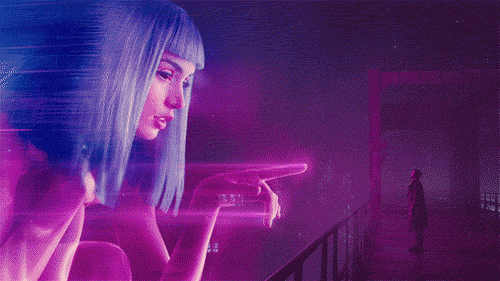Blade Runner, released in 1982, is a science fiction film directed by Ridley Scott that has left an indelible mark on popular culture. The movie's themes and visual style have influenced countless films since its release. However, beyond the stunning cinematography and groundbreaking special effects lies a deeper exploration of social issues that still resonate today.
One of the most prominent aspects of Blade Runner is its portrayal of artificial intelligence (AI) and human-like robots called replicants. The film raises questions about what it means to be human, exploring themes such as identity, empathy, and morality in relation to these advanced beings. It challenges viewers to consider whether machines can truly possess emotions or if they are merely programmed to mimic them.
Another significant social implication of Blade Runner is its depiction of a dystopian future society where wealth inequality has reached extreme levels, leading to overcrowding and pollution in urban areas like Los Angeles. The film serves as a cautionary tale about the consequences of unchecked technological advancement and corporate greed, reminding us that progress comes with costs - both environmental and social.
In conclusion, Blade Runner remains relevant today due to its thought-provoking exploration of complex issues such as AI ethics and societal inequality. Its impact on popular culture cannot be overstated, and it continues to inspire discussions about the future we are creating for ourselves through our technological choices.
